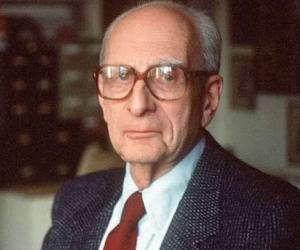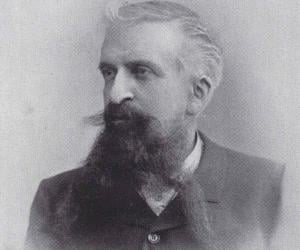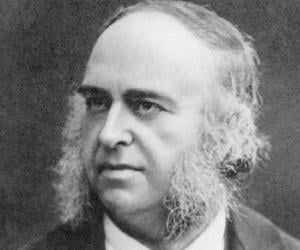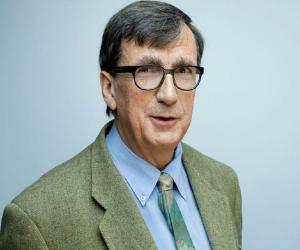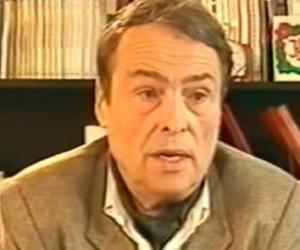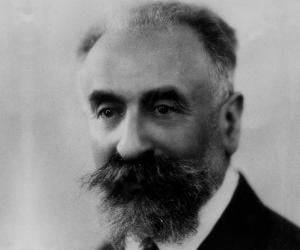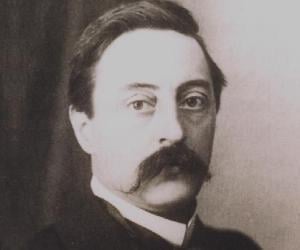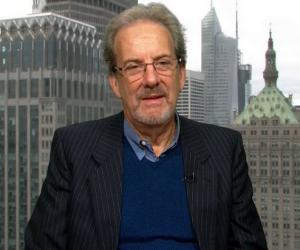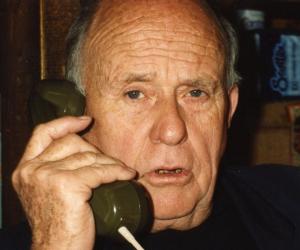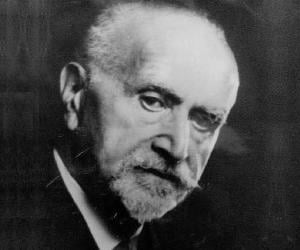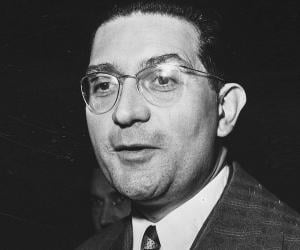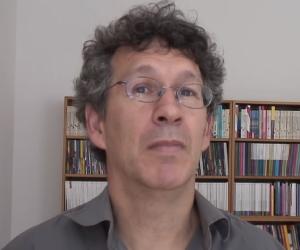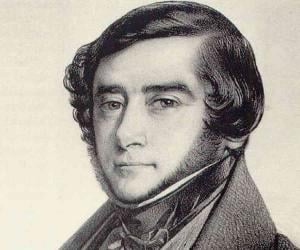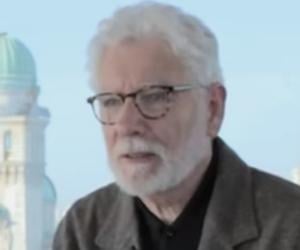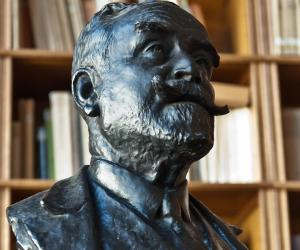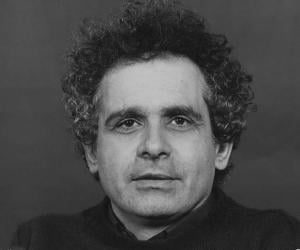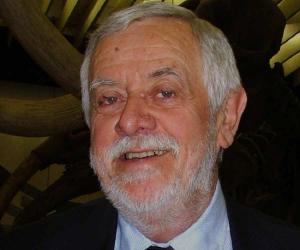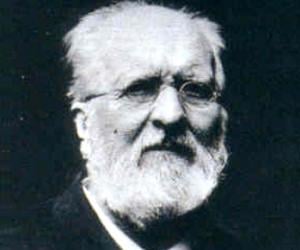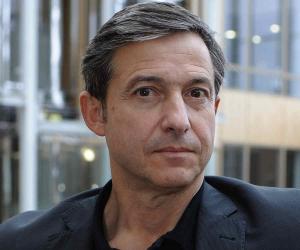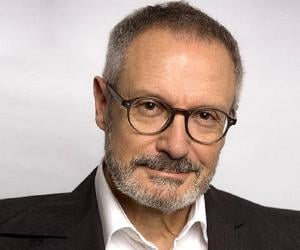1
Claude Lévi-Strauss
(Anthropologist)
Birthdate: November 28, 1908
Sun Sign: Sagittarius
Birthplace: Brussels, Belgium
Died: October 30, 2009
Claude Lévi-Strauss was a French anthropologist and ethnologist known for his significant contributions to the development of structuralism and structural anthropology. He held the chair of Social Anthropology at the Collège de France, was a member of the Académie française, and the School for Advanced Studies in the Social Sciences in Paris. Lévi-Strauss's work emphasized the similarities between the "savage" and "civilized" mind, asserting that human characteristics are universal. His influential book, Tristes Tropiques, solidified his position as a central figure in the structuralist school of thought, impacting fields beyond sociology into philosophy and the humanities.
